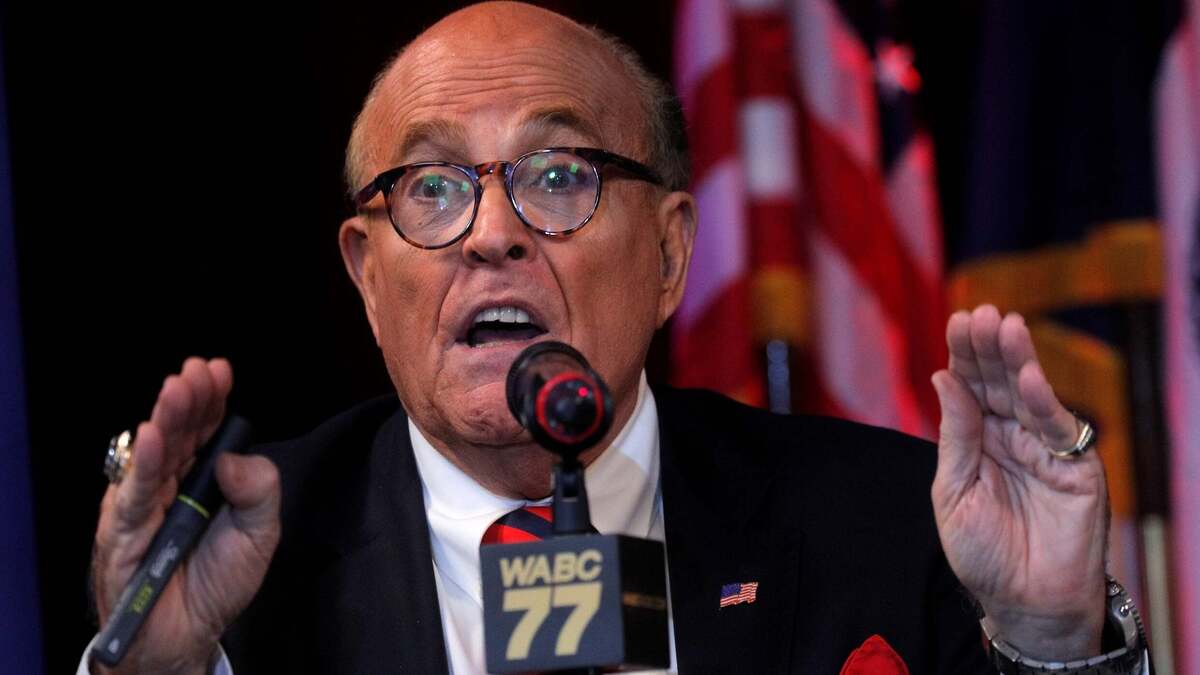Anyone in our business has to be on top of what happens at the Federal Communications Commission, the FCC. When I was a young operations manager at a station, my guess was that my tombstone would say “prize, chance, consideration” because those were the keywords for any kind of on-air contesting.
Recently, I was thinking about the role of the FCC today and whether that role should be as all-encompassing for broadcasting as it has been since the Commission’s founding in 1934. The FCC was the successor to the Federal Radio Commission(FRC) which existed from 1927 to 1934. The FRC was primarily set up to “police” the airwaves such that radio stations would be licensed and that signals would not have undue interference, a major problem prior to the Radio Act of 1927. The Radio Act also introduced the concept of “public interest, convenience, or necessity”.
When the Communications Act of 1934 was passed, that law added common carrier (telephone) to the new FCC’s oversight. For many decades, this worked. One can argue with some of the FCC’s decisions over the years, but broadcast stations were licensed, interference was kept to a minimum, and the FCC appeared to move with the times. Well, maybe not with AM stereo, but that’s a separate discussion.
Beyond signal interference, there was another important reason for the FCC to exist, the concept of scarcity. Especially in the analog days, spectrum space was limited and a license from the FCC had great value. Given that you couldn’t start a radio station without federal approval (ignoring pirate stations), the concept of a limited number of “voices” in the marketplace was relevant. And while newspapers were not regulated, scarcity was an issue there as well and the Newspaper Preservation Act of 1970 allowed for combinations of papers to keep multiple papers in some markets afloat.
Now it’s 2024 and the question struck me of whether we need the FCC’s broadcasting oversight today beyond limiting interference between stations or approving new technologies like HD Radio or digital broadcasting. We know that over-the-air radio listening has been decreasing for some time; just look at Nielsen data. There’s no need to cite all the reasons her as you could probably name half a dozen in under 15 seconds. Yet the FCC and for that matter, Congress, still appear to adhere to the scarcity paradigm.
Think about the FCC restrictions that exist today regarding radio: ownership caps, use of language, who owns the station and their personal behavior, foreign ownership beyond 20%, and more. Yet, any foreign-owned company can set up streaming in the US that sounds just like a local radio station. In fact, if they wanted, the foreign entity could do local radio, just not on the air with an FCC license (and yes, the FCC has granted a couple of very minor exceptions to this rule).
Changing the 25% foreign ownership rule doesn’t mean a Russian oligarch will buy iHeart or Kim Jong Un will pick up Cumulus. The Committee on Foreign Investment in the United States (CFIUS) could review the investments. In other words, don’t expect Ryan Seacrest or Elvis Duran to be replaced by the all-new “Putin in the Morning” show.
Language amazes me. It seems that most of the streamed video that I see contain more “F-bombs” than I can remember using in conversation, perhaps enough to make a longshoreman blush. I watched Succession and was amazed at how many ways you can twist the word “f—.” The other day, a new movement was announced called “Just F—ing Vote.” When I saw it in the trade press, the F-word contained dashes, but if you go to Fuse TV’s website, you can see it in full, although the logo and the merch use a check mark between the “f” and the “ing”.
My podcast use is limited, but when I try one (usually a hockey or baseball show from The Athletic), I’m confronted with words George Carlin highlighted more than 50 years ago. No, the “f-word” isn’t used as much as “like”, “kind of”, “so”, and “basically”, but it doesn’t add anything to my understanding of why a coach made a player a healthy scratch in the last game. Why not let radio stations say whatever they want? Most won’t as some amount of their audiences would be offended, but the words are everywhere else, so WTF? The next Howard Stern might stay in broadcast radio!
Then there is ownership in general. Are we really worried about who owns the stations and how many they own in today’s world? We’ve already heard the market speak with the laundry list of bankruptcies: iHeart, Audacy, Cumulus, Alpha, and more and we’re probably not finished yet.
I’m not suggesting the FCC is the only cause as debt service combined with market downturns played a bigger role, but we’re talking about competing with the likes of Netflix, Amazon, Apple, and more, companies that could buy the entire radio industry without blinking! And while Spotify is not exactly a money machine, first quarter 2024 revenue was over $3.6 billion. That’s one quarter, folks.
My focus has been on radio, but we know that local television isn’t doing well either. Fortunately for them, political money rains down every two years or so in many markets to keep them going combined with cable retransmission fees, but I’m reading too many articles about dependency on local news that is not as successful as it once was.
Like most of you, I still love radio and like many of you, I started back in the days of broadcast scarcity. The scarcity argument was a product of its time, not envisioning the internet, smartphones, streaming, and podcasts. It’s time to reconsider.
Let’s meet again next week.







